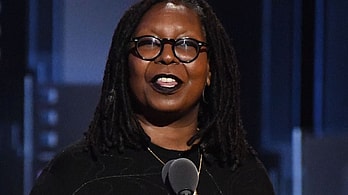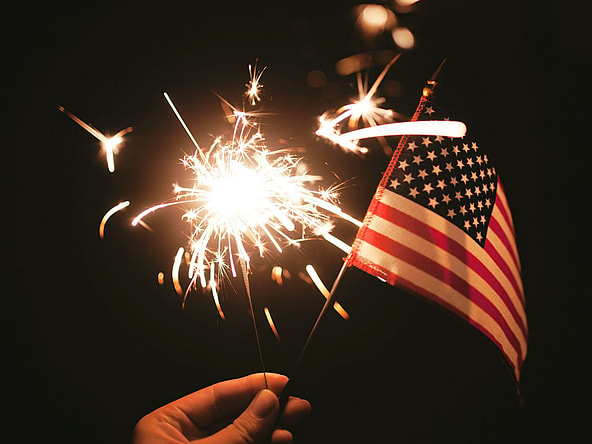
Independence Day is right around the corner, and it’s time for so many of us to start our weekend plans. Similar to Memorial Day, many families escape their homes to be with nature, like going camping or spending time near the lake or ocean. It’s a time to get together with friends and barbeque and share memories. It’s also a time when fireworks fill the open sky at night, showing our pride for being in our country.
But it’s not only about eating good food and drinking iced cold beverages. Here are some fun facts about Independence Day that you might not know about, other than it’s the day that we celebrate our freedom from British rule.
Related: Fun Facts About Memorial Day
7. The Oldest Running Parade
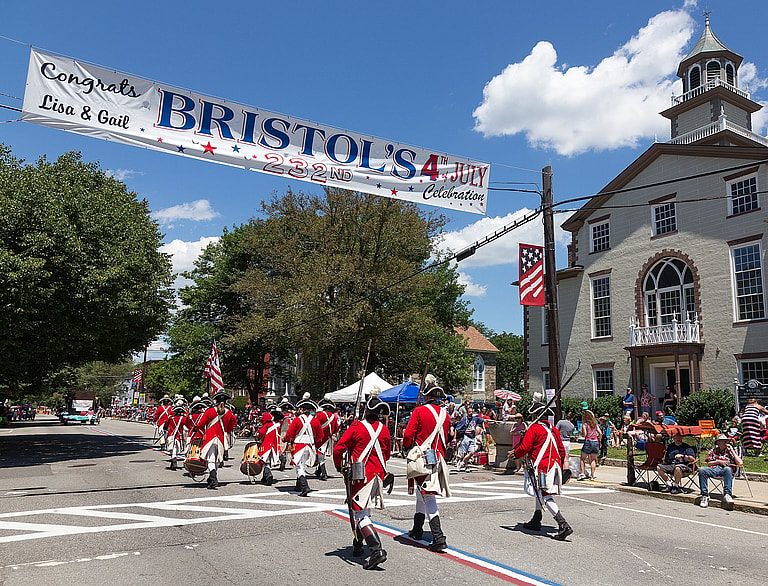
Parades are one of the many ways that we celebrate holidays. From Thanksgiving parades in America, Chinese New Year parades, to even Independence Day parades, it’s a great time to come together to show your love and pride for your country. But what about the oldest running parade for the 4th of July?
One of the best fun facts about Independence Day is that the oldest running parade, which is still going to this day, is based in Bristol, Rhode Island, founded in 1785. The upcoming 2024 Independence Day celebrates the 239th anniversary of the parade and is organized by 120 volunteers to honor the community’s civil servants, military, and fire personnel.
6. The First Celebration
But enough about the oldest celebration, what about the first? One of the wholesome fun facts about Independence Day revolves around the first celebration that took place at the White House in 1801. While John Adams was the first president to occupy the White House in November 1800, it was Thomas Jefferson who actually celebrated the first 4th of July.
Jefferson opened the house and greeted diplomats, officers, citizens, and even Cherokee chiefs. The celebration had several festivities, from horse racing to parades. This tradition actually continued for much of the 19th century.
5. Independence Day Argument
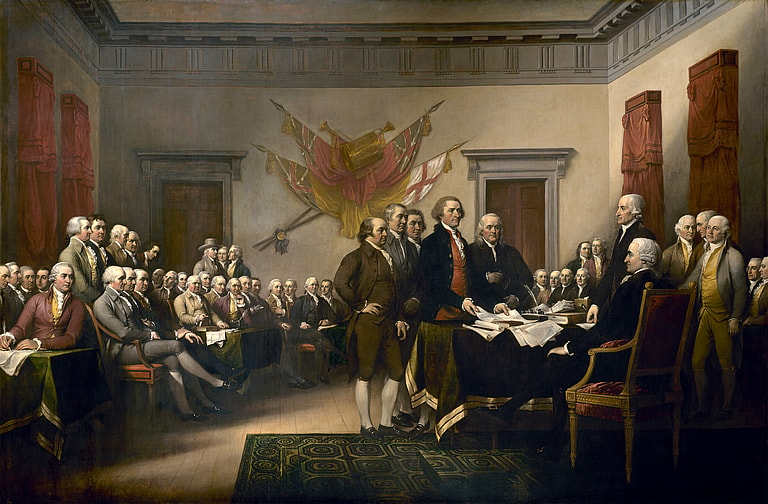
One of the best fun facts about Independence Day is that it wasn’t always July 4th. In fact, there are so many arguments that say the holiday should be July 2nd. When you think about Independence Day, the 4th of July comes to mind immediately. The 2nd isn’t even a question. But surprisingly, some founders, like John Adams even believed it was the 2nd, while others believed it was the 4th.
The reason behind this is that the Continental Congress declared its freedom from Great Britain on July 2, 1776, but the Congress approved of the Declaration of Independence document on July 4th. So while the actual day we were free was the 2nd, it wasn’t in an official document until the 4th.
4. It’s Not Just the United States
If you ever feel alone when you’re celebrating the 4th of July, have no fear. It’s not just the United States having these amazing celebrations of freedom. In fact, Liberation Day in Rwanda happens on the 4th of July as well, and the Republic Day in the Philippines.
For Rwanda, the date commemorates the defeat of the previous Habyarimana regime and the Rwanda Armed Forces by the Rwanda Patriotic Front in the Civil War, thus ending the Tutsi genocide. As for the Philippines, July 4th marks the official holiday to commemorate the Treaty of Manila, which was signed in 1946, liberating the Philippines from American rule. The 4th of July gives us so many reasons to celebrate.
3. The Impact of Fireworks
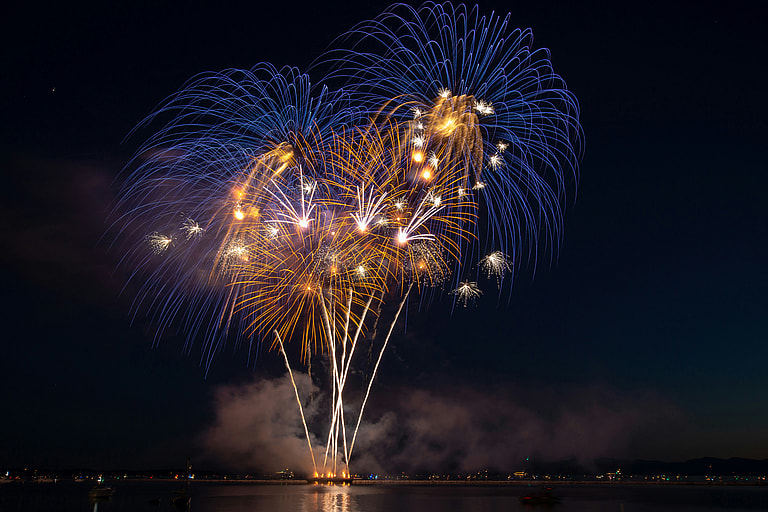
Fireworks symbolize a lot during American holidays. While they were thought to be invented by the Chinese before they came to America, they’ve been part of our traditions for years. In fact, fireworks symbolize the celebratory firing of muskets, artillery, and other explosives from colonial days. But just because they hold significance, that doesn’t mean it’s the best option. A not-so-fun fact about Independence Day is that fireworks worsen air quality.
While this won’t prevent anyone from shooting off fireworks because it’s so ingrained in our history and tradition, it’s still something to keep in mind. America already battles air quality because of wildfires, especially in Canada, and fireworks worsen it. Thankfully, many regions have actually moved away from fireworks and have experimented with drone shows, which still bring the light shows to the skies without the risk of our breathing air.
2. 4th of July Spendings
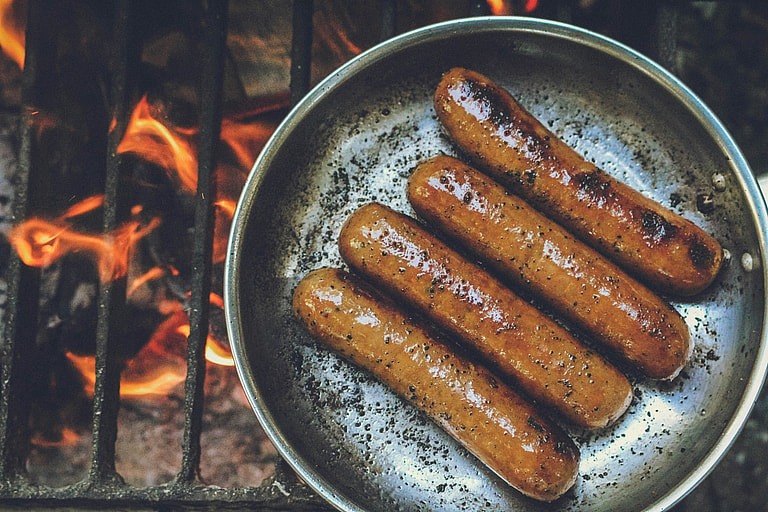
There is a little shock in the abundance of spending Americans do during holidays. For big celebrations like Memorial Day and Independence Day, so many seem to go all out with their spending. In fact, the 4th of July is one of the biggest days for consumer spending. In 2023, Americans spent an estimated $15.8 billion for the holiday. In fact, most of their spending was on food, with $9.5 billion, and an astounding $4.02 billion on alcohol alone, mostly beer.
But that’s not all. Americans tend to spend over $2 million on fireworks to celebrate their pride in the country. Another one of the best fun facts about Independence Day is that Americans spend an estimated $73 million on hot dogs alone for the 4th of July celebrations, proving that it’s one of the best treats for summer holidays.
Check Out: Overlooked Revolutionary War Heroes We’re Revisiting
1. Versions of the Flag
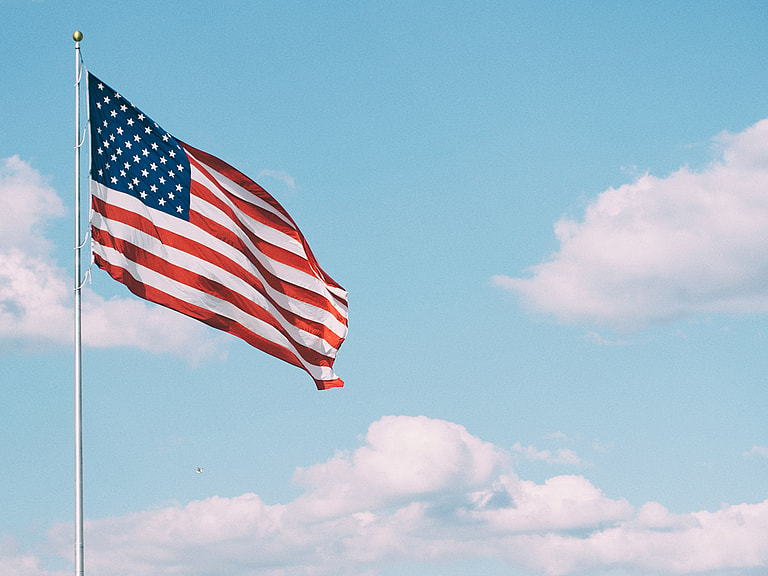
The flag is an important part of any United States holiday, especially Independence Day. Many set their flags out to showcase their pride on this holiday, but did you know that there were several versions of the flag? One of the best fun facts about Independence Day is that there were actually 27 versions and changes made to the official U.S. flag from 1777 to 1960.
Surprisingly, 25 of those changes were made only to the stars of the flag. As you may know, the number of stars on the flag reflects the number of states in the United States and has to be that way by law. When more states were added to the U.S., the flag had to be revised, which often happened on July 4th. The revision was made in 1960 when a star was added a year after Hawaii’s admission to the U.S.


